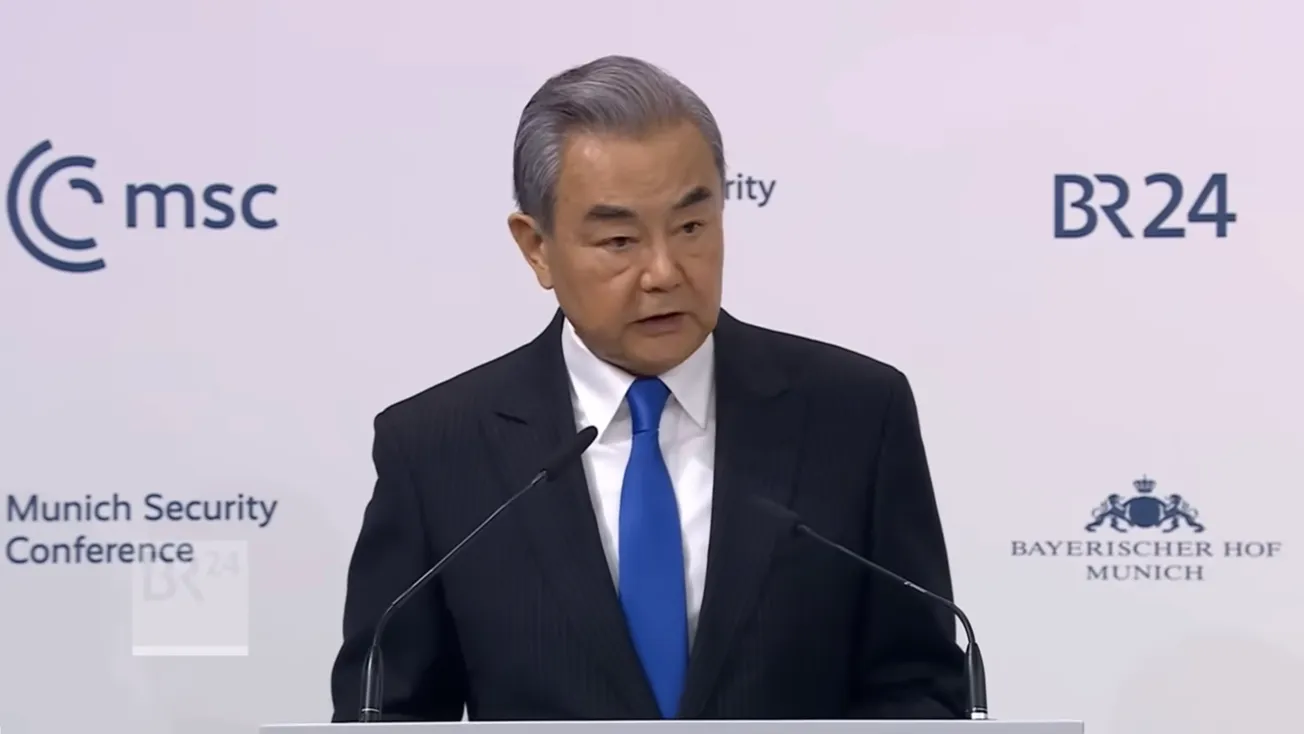President Joe Biden signed an Executive Order (EO) yesterday declaring a national emergency to deal with the threat of “advancement by countries of concern” —the People’s Republic of China, the Special Administrative Region of Hong Kong and the Special Administrative Region of Macau—in sensitive technologies and products that are “critical to the military, intelligence, surveillance or cyber-enabled capabilities of such countries.” Therefore, if U.S. companies or individuals invest in these “sensitive technologies and products” in China, they could be helping China to develop its military and technological capabilities, which constitute a national security threat to the United States if these are then used to “counter United States and allied capabilities.”
The EO asserts that advancement in semiconductors and microelectronics, quantum information technologies and artificial intelligence capabilities by China “significantly enhances their ability to conduct activities that threaten the national security of the United States.” U.S. investments in these three areas allow China to upgrade its military capabilities, by supporting “advancements in sensitive technologies and products that are critical to such countries’ military, intelligence, surveillance or cyber-enabled capabilities.” Therefore, U.S. investments in these three areas will be regulated by the Treasury, which must be notified of any and all U.S. transactions in these areas.
In a letter to House Speaker Kevin McCarthy and to Vice President and President of the Senate Kamala Harris, explaining the EO, Biden stated, “I find that this threat constitutes an unusual and extraordinary threat to the national security of the United States, which has its source in whole or substantial part outside the United States and that certain United States investments risk exacerbating this threat.”
Aside from claiming that U.S. investments in these sensitive areas might help China upgrade its military capabilities, the EO additionally complains that “these countries eliminate barriers between civilian and commercial sectors and military and defense industrial sectors, not just through research and development, but also by acquiring and diverting the world’s cutting-edge technologies, for the purposes of achieving military dominance…. Advancements in sensitive technologies and products in these sectors will accelerate the development of advanced computational capabilities that will enable new applications that pose significant national security risks, such as the development of more sophisticated weapons systems, breaking of cryptographic codes, and other applications that could provide these countries with military advantages.”





